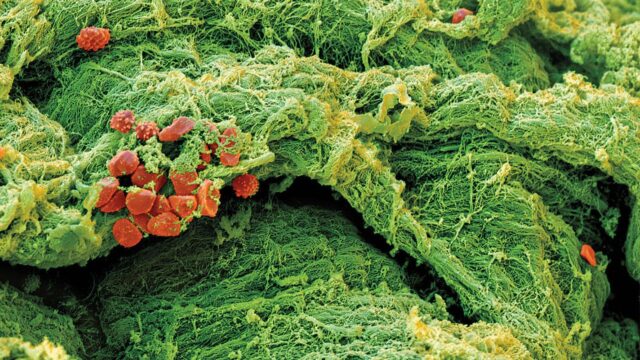FTC disclaimer: This post may contains affiliate links and we will be compensated if you click on a link and make a purchase.
Coughing is normal, but it cannot be very pleasant if it persists for a longer time. Natural home remedies for cough would be useful in such a situation, especially when you have difficulty sleeping.
Moreover, coughs plays a most crucial role in clearing infection and irritant from your lung and throat.
However, the treatment of cough depends upon underlying causes.
The most common reasons for coughing are bacterial infections, allergies, and viral infections. Sometimes, it was found that coughing is due to Gastroesophageal reflux disease (GERD), mild acid reflux, etc.
Natural home remedies are quite useful in treating cough due to allergies, colds, and sinus infection.
Natural home remedies for cough are also preferable for those who like to avoid chemicals.
However, if the cough persists for more than a week, it is essential to seek medical advice.
Effective Home Remedies for Cough
Now, let’s look into 14 effective home remedies for cough.
Gargle with saltwater

This is one of the easiest and effective home remedies for cough. It basically reduces the phlegm and mucus in the back of your throat.
Saltwater home remedy is generally used in the treatment of sore throat and wet cough.
In a research study, it was found that gargling prevents infections in the upper respiratory tract.
Method: Stir a half teaspoon of salt in a cup of warm water and gargle it. You have to repeat several times a day. It will ease your cough and make you relax.
Take Ginger tea

Ginger has anti-inflammatory properties that can ease a dry or asthmatic cough. It is also useful in relieving nausea and pain.
A study found that it can relax the airways’ membrane due to ginger’s anti-inflammatory properties and help reduce cough.
Method: Make ginger tea by crushing a few slices of ginger. For taste, you can add lemon and honey. You can repeat it two to three times a day. It will help in soothing your cough.
Use Honey
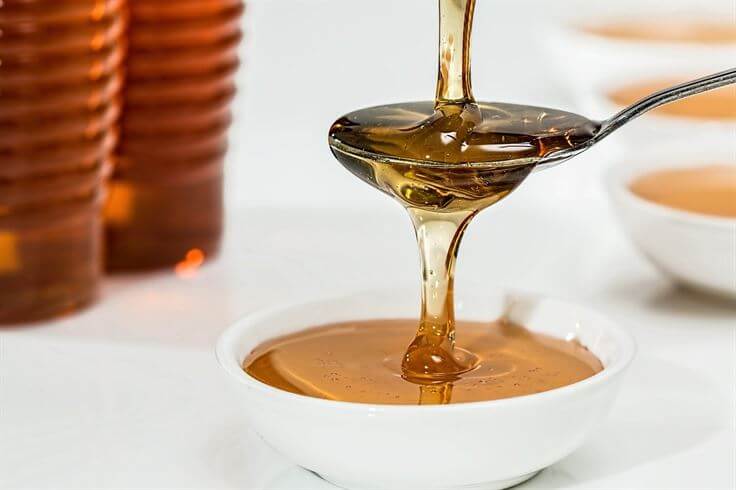
Honey is beneficial in the treatment of coughs and sore throat.
In a recent study, dark honey is compared with cough-suppressing medication dextromethorphan. They have given dark honey to the children who have night time coughing problem.
It was reported that dark honey is efficient and significant in relief from coughing.
Method: You can mix two tablespoons of honey with herbal tea or warm water. This will soothe your cough, and adding lemon to it can relieve you from congestion.
You can also eat a spoon of honey directly.
However, you can also use honey in a cup of warm milk for the treatment of cough. In an Italian study, it was found that if you drink two teaspoons of honey in a cup of milk, then it will be as effective as medication like dextromethorphan and levodropropizine in children.
Moreover, in research, it has also been revealed that buckwheat honey and manuka honey are more effective in treating a cold.
Take Probiotics

Probiotics are microorganisms that are not directly effective or related to the treatment of cough. Instead, probiotics will boost your immune system by balancing gut bacteria.
If you have an excellent immune system, it can easily fight off infections or allergies that may be the reason for the cough.
A research study revealed that one type of probiotic called Lactobacillus could be useful in treating cold and cough.
You can also find probiotics supplements containing Lactobacillus in drug stores.
Because yogurt has many microorganisms, you can take yogurt into your diet as a natural home remedy for cough.
It is also advisable to take unsweetened and homemade yogurt as the sugar will worsen your cough.
Use peppermint leaves or oil.

Peppermint is a well-known home remedy in the treatment of cough. It has a healing property that soothes the throat and acts as a decongestant.
Method: If you drink peppermint tea or inhale peppermint vapors, it will help mucus’s breakdown.
You can also take a hot bath by adding 3 or 4 drops of peppermint essential oil in every 150 ml of hot water.
Use Marshmallow root
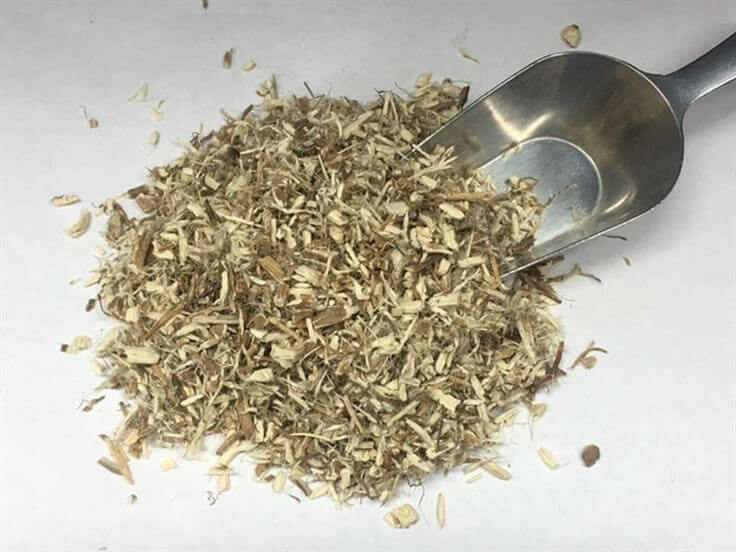
Marshmallow root is a natural herb that has been used since ancient times in the treatment of cough, cold, and flu. Marshmallow root contains a substance called mucilage that is found in easing the irritation resulting from coughing.
Mucilage present in Marshmallow root is a thick and gluey substance that coats the throat and relieves coughing.
A small study revealed that herbal syrup containing marshmallow root, thyme, and ivy effectively relieves coughs resulting from the common cold and respiratory tract infection.
Marshmallow root is also available as a dried herb or a bagged tea.
Method: You can take marshmallow root as a tea or in capsule form. It will soothe your cough and sore throat.
Use Thyme herb
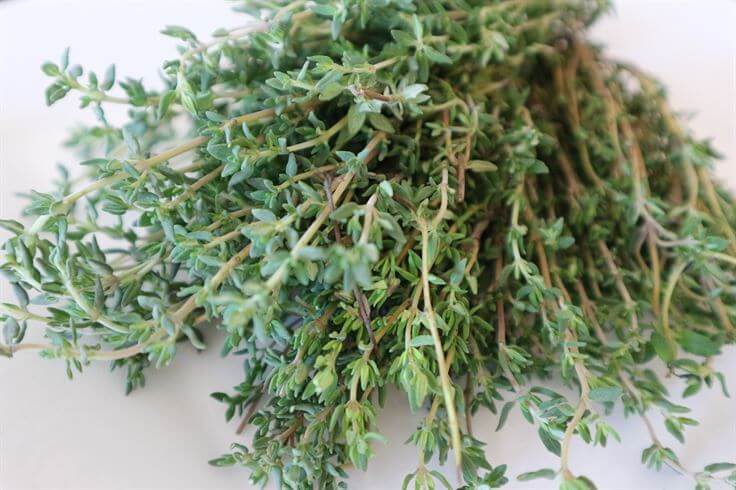
Thyme has a long history both in culinary and medicinal uses. It is prevalent as a natural home remedy for cough, cold, sore throat, bronchitis, and digestive issues.
A recent study revealed that thyme in cough syrup is more effective than a placebo syrup in people in the acute bronchitis treatment. The effectiveness is found due to the presence of antioxidants in thyme.
Method: You can take cough syrup containing thyme herb or use thyme herb in a tea. Add two teaspoons of dried thyme to a cup of hot water. Please wait for 10 minutes and then strain it.
Eat pineapples
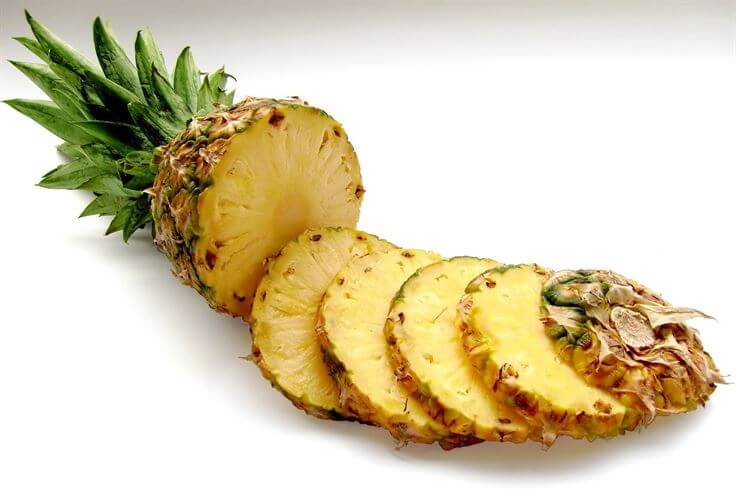
Pineapples contain an enzyme called Bromelain that has anti-inflammatory properties and mucolytic properties.
The presence of Bromelain can help in the breakdown of mucus and remove it from your body.
It is advisable to eat pineapples as a whole than drinking juice because pineapple juice does not contain enough Bromelain to give you relief from symptoms like a cough.
Bromelain is also available in the form of supplements that is also effective in relieving cough.
Some have reported an allergic reaction to Bromelain when you take medication. If you are under medication, try to speak with your doctor before taking bromelain supplements.
Use eucalyptus or rosemary essential oil.
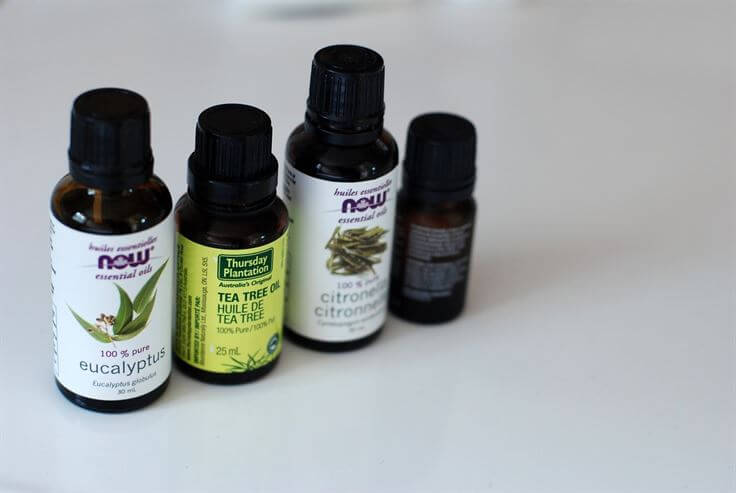
Eucalyptus oil or rosemary oil is very useful in home remedies to relieve congestion.
A study conducted by National Heart, Lung, and Blood Institute (NHLBI) found that using a cool-mist humidifier or steam vaporizer containing essential oil like eucalyptus or rosemary oil has shown relief from chest congestion and wet cough.
Method: Take a hot shower by mixing 4-5 drops of eucalyptus oil or rosemary oil in water.
Alternatively, you can add eucalyptus oil or rosemary oil to a steam bowl and inhale it for 5 minutes. To be more effective, cover your head with a towel, which will trap the steam.
Use Slippery elm bark.
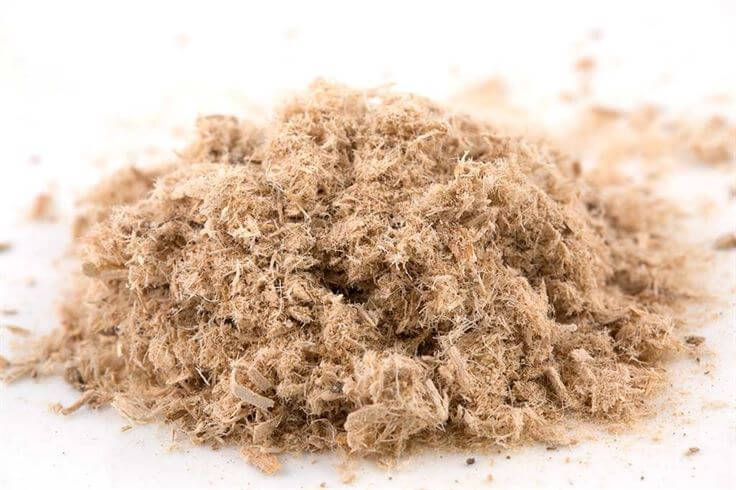
Slippery elm bark is native to Americans. It is very similar to the marshmallow root that has a high level of mucilage. Mucilage helps to soothe a sore throat and cough.
Method: You can use Slippery elm bark tea by adding one teaspoon of dried herb to a hot water cup. Wait for 10 minutes before drinking.
Slippery elm is also available as a supplement in the form of powder and capsules. You can buy Slippery elm bark supplements here.
If you are under medication, then slippery elm may interfere with it. Please consult your doctor before taking it.
Take the N-acetylcysteine (NAC) supplement.
N-acetylcysteine is a supplement that contains the amino acid L-cysteine. If you take it daily, it may lessen the severity of wet cough by reducing mucus in the airway.
A 13 studies report found that NAC is beneficial in people suffering from chronic bronchitis.
Chronic bronchitis is an inflammation in the lining of bronchial tubes that carries air to and from the lungs.
Moreover, research suggested taking 600 mg of NAC for people suffering from airway obstruction.
It is recommended to take NAC supplements under the supervision of the doctor.
Use Turmeric
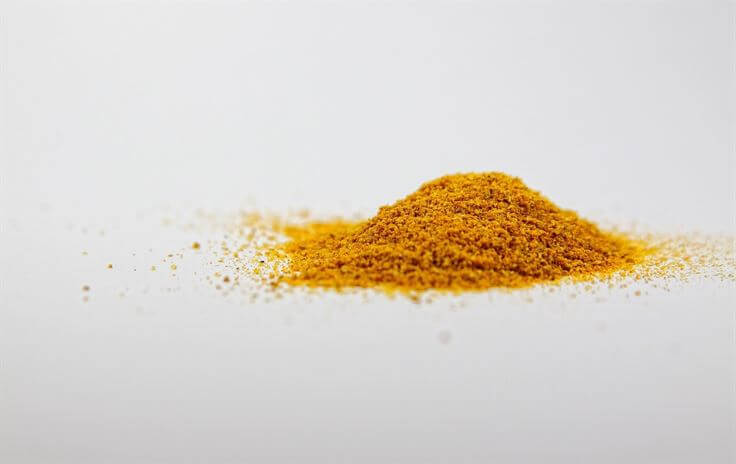
Turmeric is found to be one of the essential ingredients in the treatment of cough. Turmeric is filled with antioxidants and contains a compound called curcumin.
The curcumin helps in dissolving the mucus and thus relieves chest congestion. It also has healing properties that can kill bacteria and treat wet cough.
Because of the antiviral and antibacterial properties of turmeric, it helps in fighting against infection.
In several studies conducted, it was found that due to the anti-inflammatory properties of turmeric, it modifies the immune system responses.
In a study with turmeric oil, it was found to be effective against the disorder of the respiratory tract. It is also found to be effective in removing sputum, relieving cough, and preventing asthma.
Method: You can add one teaspoon of turmeric powder to warm milk and drink it. Also, drinking warm turmeric milk before sleeping has shown a faster recovery from cough and cold.
Use Cinnamon

Cinnamon was found to be a simple, safe, and effective home remedy in the treatment of stubborn cough.
In ancient medieval times, doctors used cinnamon to treat cough and sore throats.
Several studies have indicated that cinnamon has anti-inflammatory and antibacterial properties.
To be more effective, use cinnamon with honey to treat wet cough.
Method: As an effective home remedy for cough, you can make a syrup by mixing lemon, cinnamon, and honey.
Take half a teaspoon of honey, a pinch of cinnamon, and few drops of lemon, mix it well and have it twice a day to cure cough and cold.
Use Flaxseeds
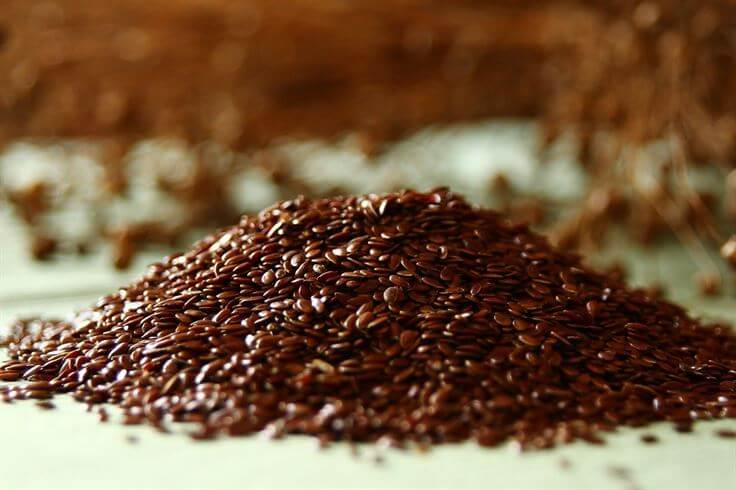
Flaxseeds are also used as medicine in ancient times for the treatment of cough.
A study conducted has shown the effectiveness of flaxseed in the treatment of cough and bronchitis.
When a teaspoon of flaxseed powder is taken with a glass of hot water daily, it is useful against bad cough and bronchitis.
Method: You can add flaxseed powder to boil water, stir it well and then add a few drops of lemon and honey to it. After mixing, consume it to get relief from the cough.
Bottom line
These 14 home remedies for cough are very useful in giving relief from severe cough.
To ease the cough, you should avoid dehydration and get enough sleep. Drinking herbal tea and other beverages will give you quick relief from a bad cough.
You should also take immune-boosting supplements such as vitamin C, zinc, and probiotics.
Take effective medical treatment if the cough gets worse or affecting the ability to breathe.
![14 Effective Home Remedies for Cough [Ultimate Guide] 1 14 Effective Home Remedies for Cough Ultimate Guide](https://healthyious.com/wp-content/uploads/2020/01/14-Effective-Home-Remedies-for-Cough-Ultimate-Guide.jpg)







